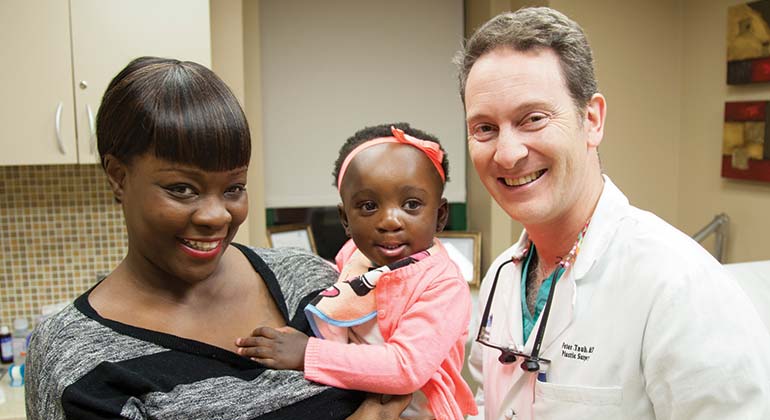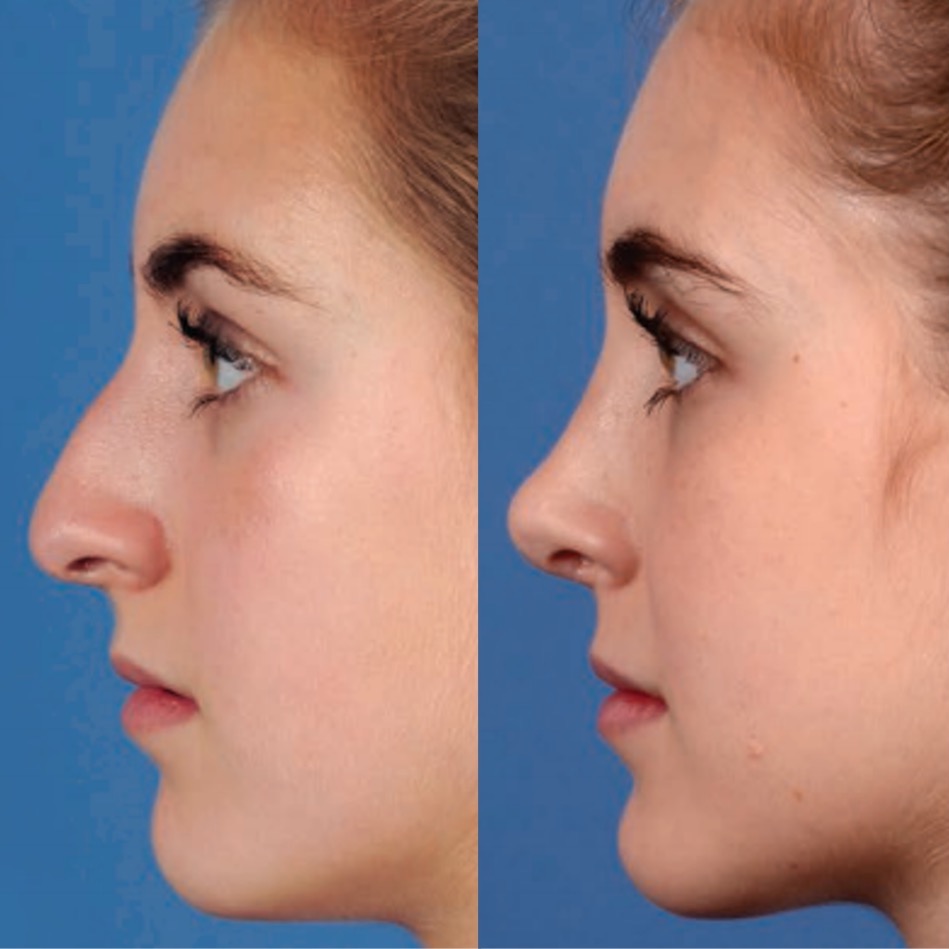Mommy Makeover Rancho Cucamonga: Reclaim Your Pre-Baby Body with Tailored Procedures
Mommy Makeover Rancho Cucamonga: Reclaim Your Pre-Baby Body with Tailored Procedures
Blog Article
Investigating the Psychological and Social Factors That Drive Individuals to Take Into Consideration Plastic Surgery as a way of Improvement
The choice to seek plastic surgery frequently expands past mere looks, linking with psychological and social characteristics that warrant complete exam. Factors such as self-worth, prevalent societal charm standards, and the pervasive impact of social networks assemble to shape individual inspirations for medical enhancement. As these impacts come to be significantly famous, comprehending the underlying social and emotional contexts is necessary. What stays to be explored is the profound effect these aspects have not only on individuality but also on broader social norms and worths bordering elegance and approval.
The Duty of Self-worth
Self-confidence considerably affects a person's choice to go after cosmetic surgery. People with reduced self-esteem often view themselves in a negative light, bring about sensations of inadequacy regarding their physical look. This adverse self-perception can drive them to seek surgical interventions as a method of enhancing their self-image. The desire for renovation in one's look is frequently linked to a belief that such modifications will raise their general self-regard and confidence.

Eventually, the function of self-confidence in the decision-making process concerning plastic surgery highlights the complicated interplay between body image, personal fulfillment, and psychological health and wellness. Comprehending this connection is critical for health care professionals to make certain that people are making educated choices rooted in reasonable assumptions and psychological health.
Social Charm Standards
Influenced by prevalent media representations and cultural narratives, social charm criteria play a critical function fit people' understandings of their own bodies. These standards are often identified by an idealized kind of appeal that emphasizes qualities such as symmetry, youthfulness, and slimness. As these perfects are continued via different channels, including tv, marketing, and movie, individuals often internalize these messages, causing frustration with their natural appearance.
The ramifications of these social norms expand beyond aesthetic preferences; they can affect self-esteem, mental health and wellness, and social partnerships. People who regard themselves as falling short of these requirements might experience feelings of inadequacy, motivating a need for cosmetic surgery as a way of attaining social approval. This pursuit is usually fueled by the belief that satisfying these perfects will certainly boost not only physical appearance however likewise social standing and individual gratification.

Impact of Social Network
The impact of societal charm requirements is further intensified by the rise of social media platforms, where curated images and idyllic depictions of charm are ubiquitous. Customers are constantly subjected to filtered and modified photos, which frequently portray unattainable physical characteristics. This direct exposure grows a culture of comparison, leading individuals to analyze their own appearance versus these frequently unrealistic benchmarks.
Social media site influencers and celebs often advertise cosmetic procedures, stabilizing the idea that surgical enhancements are a sensible ways for achieving social ideals (plastic surgery rancho cucamonga). The visibility of these enhancements can produce a perception that undertaking plastic surgery is a conventional practice, consequently affecting individuals to consider comparable interventions as a path to boosted self-worth and social approval
Moreover, the interactive nature of social media enables immediate comments through sort and remarks, better reinforcing the desire to comply with prominent charm criteria. Such communications can intensify sensations of insufficiency and drive people towards plastic surgery as a means of gaining validation. Ultimately, social media plays a crucial duty fit assumptions of elegance, which dramatically affects the decision-making processes bordering cosmetic surgery.

Social Viewpoints on Appearance
Throughout numerous plastic surgery inland empire cultures, understandings of appearance are deeply rooted in historical, social, and economic contexts, shaping individuals' views on charm and charm. In several societies, appearance serves as a considerable pen of identification, influencing social status, specialist possibilities, and personal partnerships. For instance, in some cultures, light skin is frequently linked with wide range and opportunity, while others may glorify darker complexion as icons of toughness and credibility.
Furthermore, traditional appeal requirements are often bolstered via cultural stories, media representations, and family members affects, bring about differing perfects across various regions (plastic surgery rancho cucamonga). In Western societies, the focus on young people and physical conditioning often drives people toward cosmetic enhancement, while in particular Eastern societies, more subtle modifications aligned with traditional aesthetics may be favored
Globalization and the proliferation of digital media have actually better complicated these dynamics, developing a hybridization of charm perfects that transcends geographical boundaries. As people progressively browse these cultural narratives, the stress to comply with certain look standards can lead to the desire for plastic surgery, mirroring a complicated interaction of cultural values and personal desires. Comprehending these cultural viewpoints is vital in addressing the motivations behind plastic surgery considerations.
Mental Impacts of Aesthetic Surgery
Numerous people looking for cosmetic surgical treatment report experiencing extensive mental effects that can significantly alter their self-perception and psychological wellness - plastic surgery rancho cucamonga. The desire for physical improvement commonly stems from underlying concerns such as low self-esteem, body dysmorphic problem, or societal stress relating to appeal standards. For some, the prompt post-operative phase can bring about a click to read temporary increase in self-esteem and fulfillment with their appearance, cultivating a sense of empowerment
Nevertheless, these favorable sensations might not be enduring. Research study suggests that while some individuals experience improved self-worth, others might face increased stress and anxiety or clinical depression if their assumptions are not fulfilled. This disparity can develop from unrealistic perfects perpetuated by media depiction and social narratives surrounding appeal.
Furthermore, the mental implications of plastic surgery expand beyond the person. Relationships with family and close friends might be strained as social characteristics change, leading to feelings of isolation or alienation. Inevitably, the psychological impacts of cosmetic surgical procedure are complex and complicated, needing mindful consideration by both prospective individuals and medical care companies to make sure enlightened decision-making and practical expectations.
Conclusion
In final thought, the decision to go after plastic surgery is considerably affected by a mix of self-esteem issues, societal appeal Your Domain Name requirements, and social perspectives on look. The pervasive reach of social media sites further intensifies these stress, advertising unrealistic suitables that individuals typically aim to acquire. Understanding these social and psychological variables is essential for resolving the inspirations behind plastic surgery, highlighting the need for an extra nuanced discussion surrounding elegance and self-acceptance in modern culture.
The decision to go after cosmetic surgery often extends past plain visual appeals, intertwining with emotional and social dynamics that merit comprehensive evaluation. Ultimately, social media plays a pivotal duty in forming understandings of beauty, which considerably impacts the decision-making procedures surrounding cosmetic surgery.
As people progressively browse these social narratives, the stress to adapt to particular appearance requirements can lead to the desire for cosmetic surgical procedure, showing a complex interaction of individual goals and social values.In verdict, the decision to seek cosmetic surgical treatment is substantially influenced by a combination of self-esteem problems, societal charm criteria, and cultural point of views on appearance. Recognizing these social and mental elements is vital for attending to the inspirations behind cosmetic surgical procedure, highlighting the need for an extra nuanced discussion surrounding charm and self-acceptance in contemporary society.
Report this page